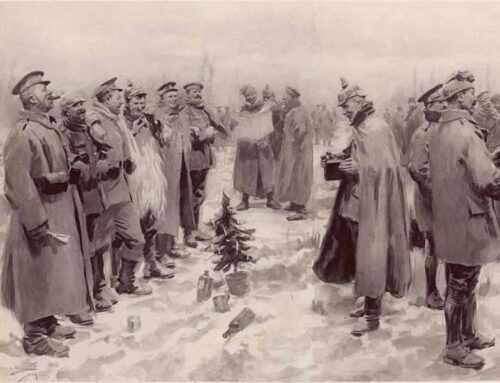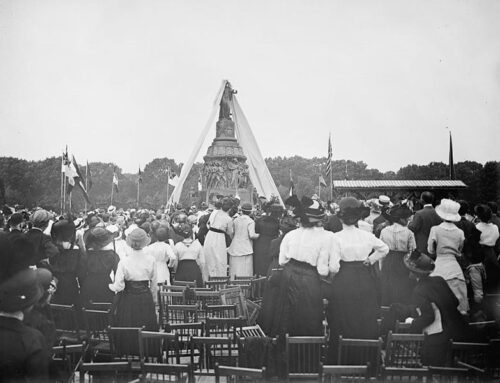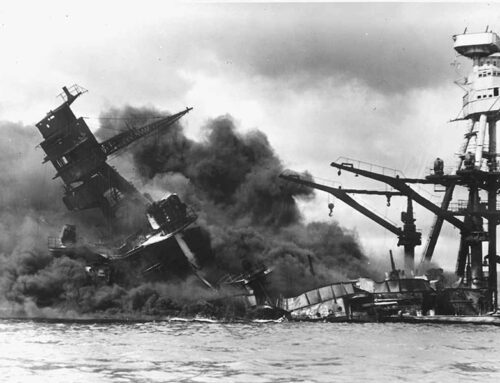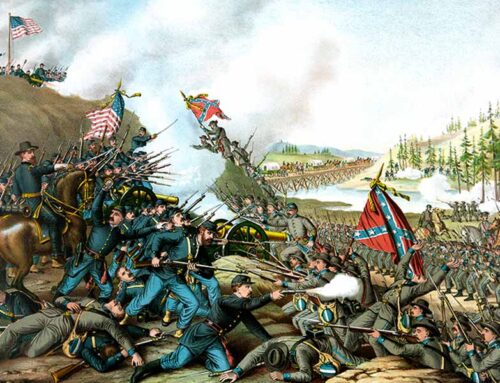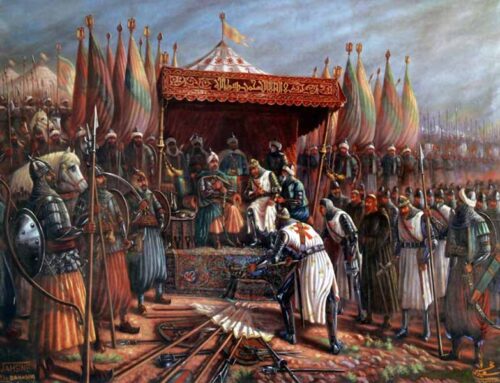“Man proposes, but God disposes.” —Proverbs 19:21 (paraphrase)
Ted Roosevelt Lands on Utah Beach on D-Day,
June 6, 1944
![]() n past centuries, fathers wanted their sons to succeed and prosper. They hoped that their children would exceed their own accomplishments and, subsequently, they sought to educate and advise them, as well as set an example for their offspring to follow. In the case of President Theodore Roosevelt, his spectacular success was so singular, and his character so overwhelming, that neither his oldest son and namesake Ted, nor any of his other three sons could ever match or exceed the accomplishments of their father’s life. And then came June 6, 1944.
n past centuries, fathers wanted their sons to succeed and prosper. They hoped that their children would exceed their own accomplishments and, subsequently, they sought to educate and advise them, as well as set an example for their offspring to follow. In the case of President Theodore Roosevelt, his spectacular success was so singular, and his character so overwhelming, that neither his oldest son and namesake Ted, nor any of his other three sons could ever match or exceed the accomplishments of their father’s life. And then came June 6, 1944.
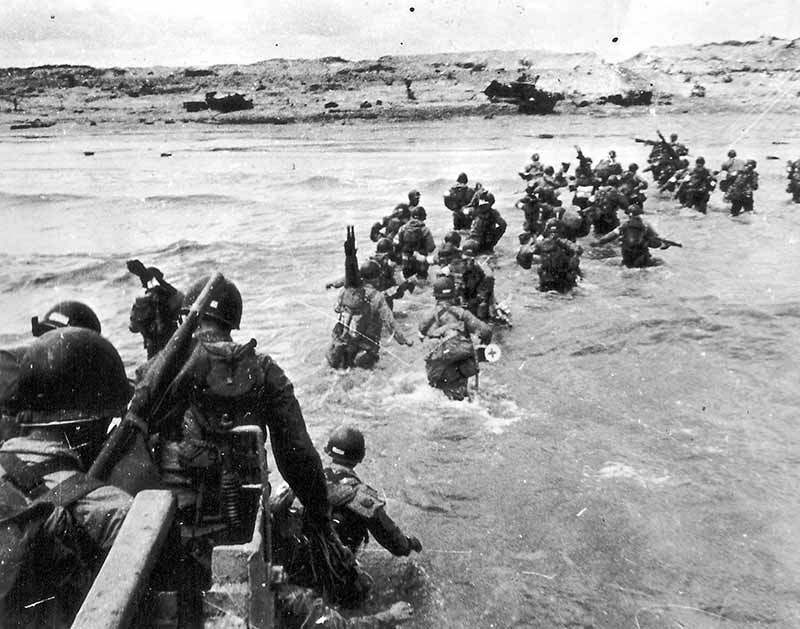
American troops landing on Utah Beach during the D-Day landing, June 6, 1944
Theodore Roosevelt, the President, the second generation of that name, adored his own father who had helped him overcome his physical weaknesses as a lad. He was physically small and racked by asthma—but his parents supported and encouraged all of “Teedie’s interests,” such as the study of the flora and fauna of the world, exploring unknown places and reading all the books he could read. His father built into young Theodore a spirit of adventure while teaching him personal responsibility and proper treatment of others. TR’s adult life’s course is well known—Harvard graduate, New York State Assemblyman, Cowboy, Assistant Police Chief in New York City, Assistant Secretary of the Navy, Commander of the Rough Riders in the Spanish American War, Governor of New York, Vice President of the United States, twenty-sixth President of the United States, and he spent a significant amount of time joining his wife in raising their six children. And then he turned forty-one. In his spare time, over his life, TR wrote thirty-five books.
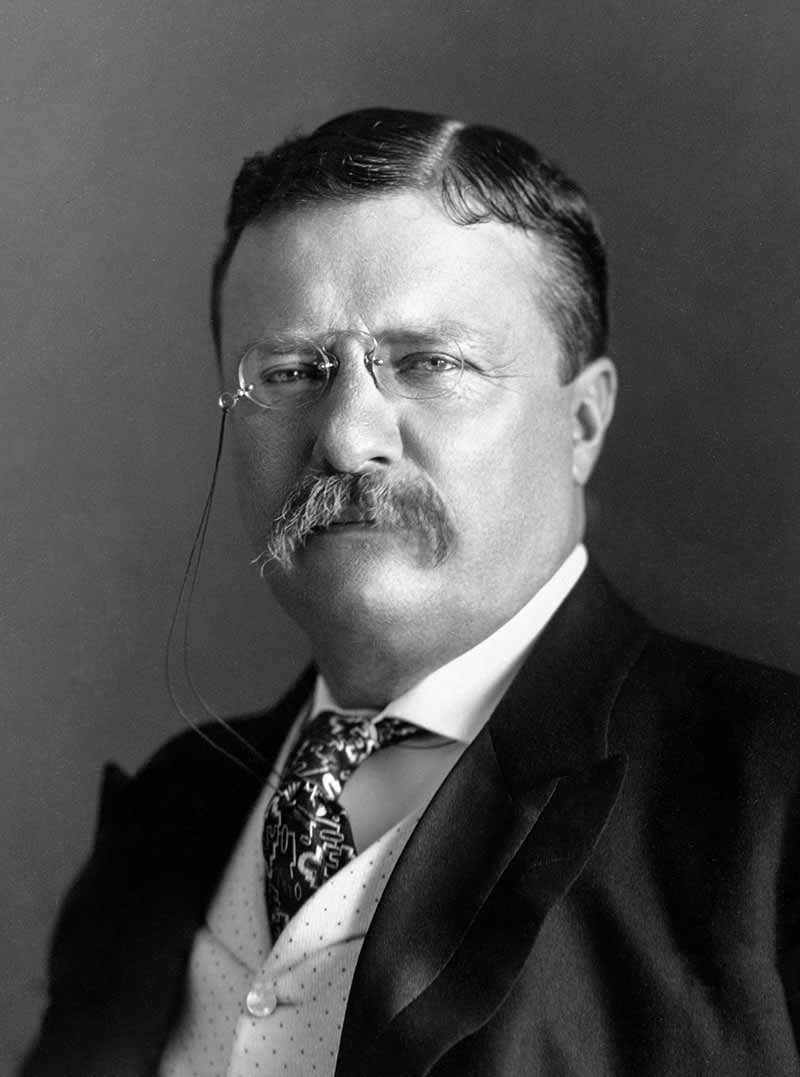
Theodore “Teddy” Roosevelt, Jr. (1858-1919), Ted’s father
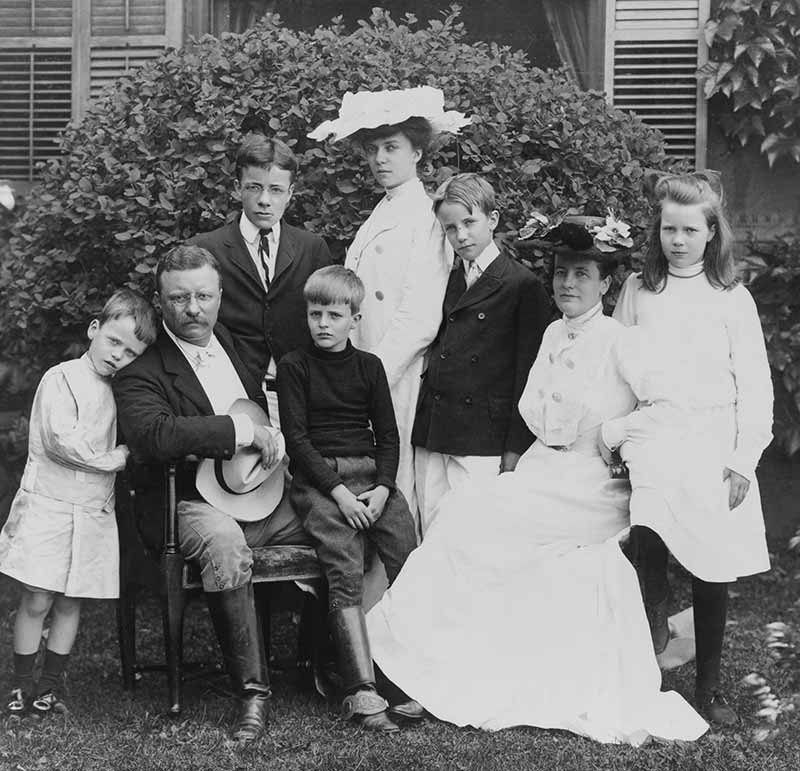
The Roosevelt family in 1903, with Quentin on the far left (leaning on his father’s shoulder), and Ted third to the right (standing behind his father)
Theodore Roosevelt III—known as Theodore Jr. or regularly, Ted—was born in 1887 at the family estate in Oyster Bay, New York. He fondly recalled his father taking him alongside frequently, telling stories and teaching history:
“…the history where you yourself in your imagination could assume the role of the principal actors, as every well-constructed boy wishes to do when interested. During every battle we would stop and father would draw out the full plan in the dust in the gutter with the tip of his umbrella. Long before the European war had broken over the world father would discuss with us military training and the necessity for every man being able to take his part.“
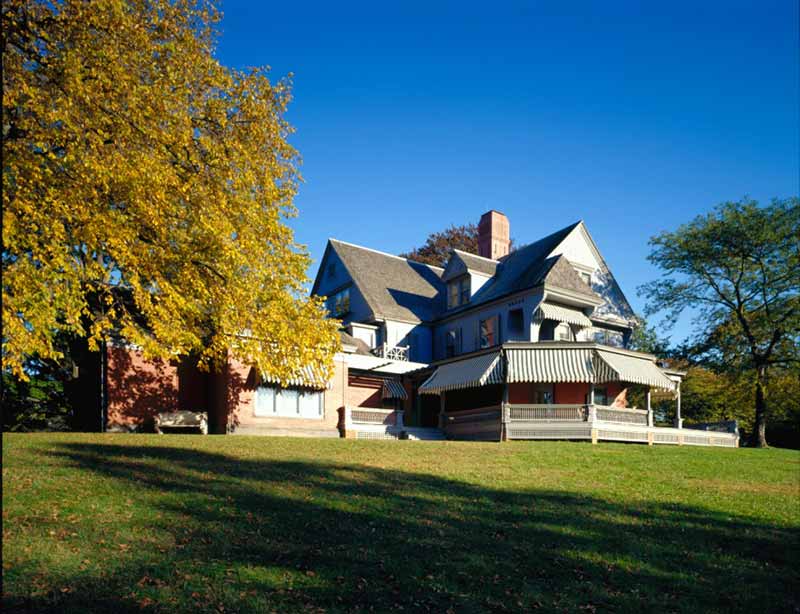
Sagamore Hill, home of the Roosevelts near Oyster Bay, New York, and birthplace of Ted
Ted followed in his father’s footsteps by attending Harvard and afterward, with a head for numbers and business, became an investment banker, earning a substantial fortune. He saw politics in his future, but his opportunity to get military training and “take his part,” intervened in 1917 when the United States went to war with Germany. Ted and his three brothers all enlisted. His father also tried to get to the trenches to fight, but the current President and mortal political enemy, Woodrow Wilson, blocked all attempts of TR to get into the fight. Three of his sons were wounded, and the youngest, Quentin, was killed in action flying a fighter plane over the battlefields of France. Ted served as a Major and then Lieutenant Colonel of the “Big Red One,” the First Infantry Division of the United States Army. He was considered the best battalion commander in the Division. Ted took care of his men, purchasing combat boots for them all with his own money. He led from the front in offensive actions and was gassed at the Battle of Soissons in July of 1918. He recovered from his wounds and received several combat decorations.
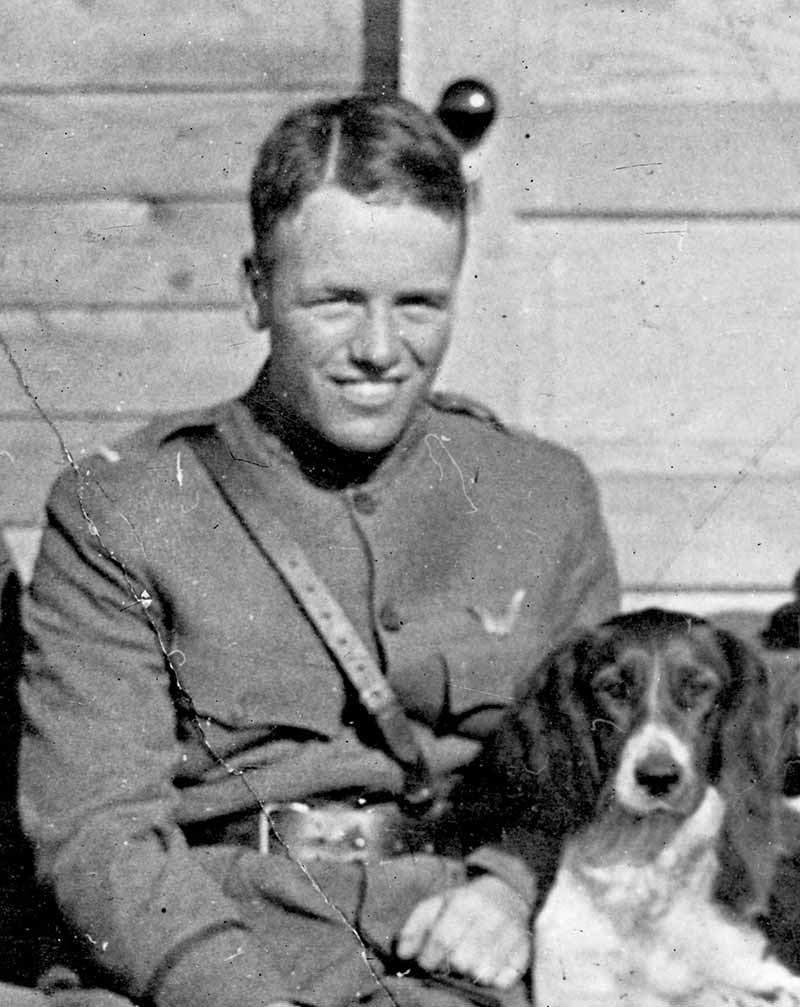
Quentin Roosevelt (1897-1918), during his time in the 95th Aero Squadron, WWI in France
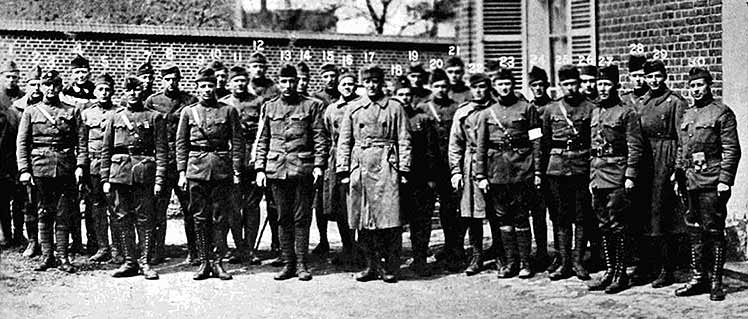
A group of officers of the American Expeditionary Forces, 1st Battalion, 26th Infantry Regiment, Haudivillers, Picardy, France, April 1917—Ted Roosevelt is marked as “9”
Ted threw himself into Republican politics after the war, getting elected to the New York Assembly as his father had, and serving an appointment as Assistant Secretary of the Navy under President Harding. Ted was implicated in a political scandal (for which he was acquitted of wrong-doing) that damaged his attempted run for Governor of New York, in which his cousin Eleanor Roosevelt (same name as his wife, but married to Franklin, another cousin) followed him around the state delivering speeches to counter his, engineered by the dirty tricks department of the Democratic Party. He served as Governor of Puerto Rico and of the Philippines, both territories gained from Spain by the actions of his father in winning the Spanish-American War in 1898. TR’s oldest son served a variety of charitable causes through the 1930s, but did not run for any significant offices again. He also maintained his service in the Army Reserves.
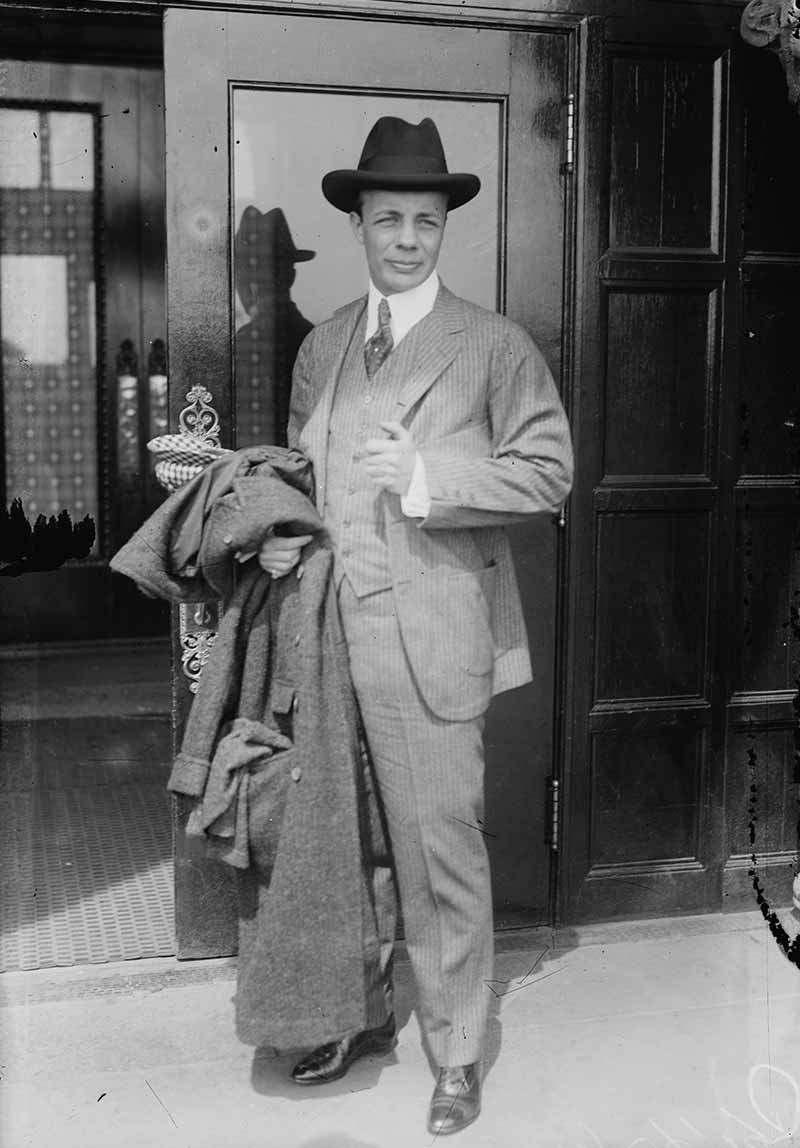
Ted Roosevelt in 1915
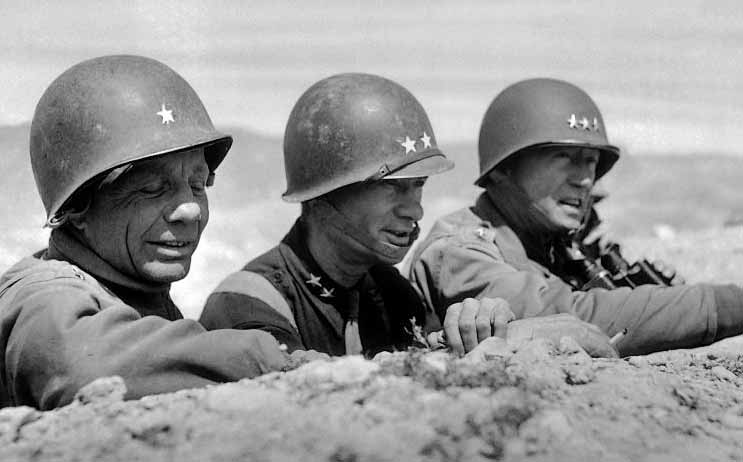
From left to right, Brigadier Theodore Roosevelt Jr., Major General Terry Allen and Lieutenant General George S. Patton, March 1943
With the coming of the Second World War, Ted Roosevelt returned to duty in the First Infantry Division and was shortly promoted to Brigadier General. As commander of the 26th Regiment, he participated in the battles in North Africa, again leading where the fighting was the hottest, serving under Major General “Terrible” Terry Allen. Roosevelt ran afoul of both George Patton and Omer Bradley, accused of “loving his Division too much” which resulted in lax discipline in the eyes of his superiors. Both Allen and Roosevelt were relieved of duty.
In February of 1944, General Eisenhower restored Roosevelt to command for the D-Day landings, serving under General Raymond “Tubby” Barton. Ted had to convince Barton to allow him to go ashore with the first wave of attackers on D-Day, June 6th, for it would not do to keep back a Roosevelt when there was fighting and leading to be done. If killed, no more glorious death could be imagined! Reluctantly, Barton gave the go-ahead, and Theodore Roosevelt, Jr. became the only general officer to land in the first wave on D-Day. He carried a cane for his arthritis, developed from his World War I wounds, and kept moving forward on Utah Beach, getting the men off the sand and to their attack objectives all day, with the bullets whistling past, not hitting the apparently charmed life of Theodore Roosevelt. His son Quentin II was on Omaha Beach at the same time, the only father-son pair to do so.
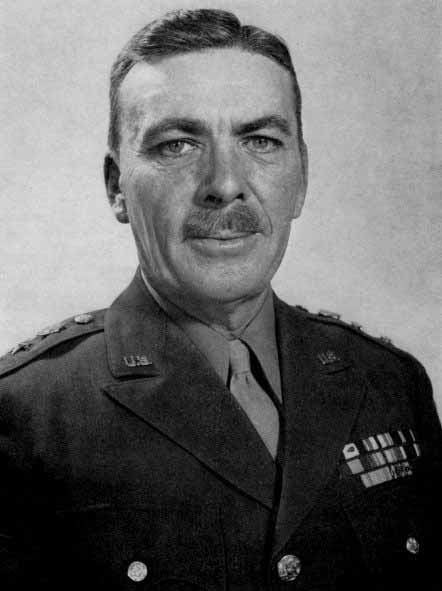
Major General Raymond Oscar “Tubby” Barton (1889-1963)
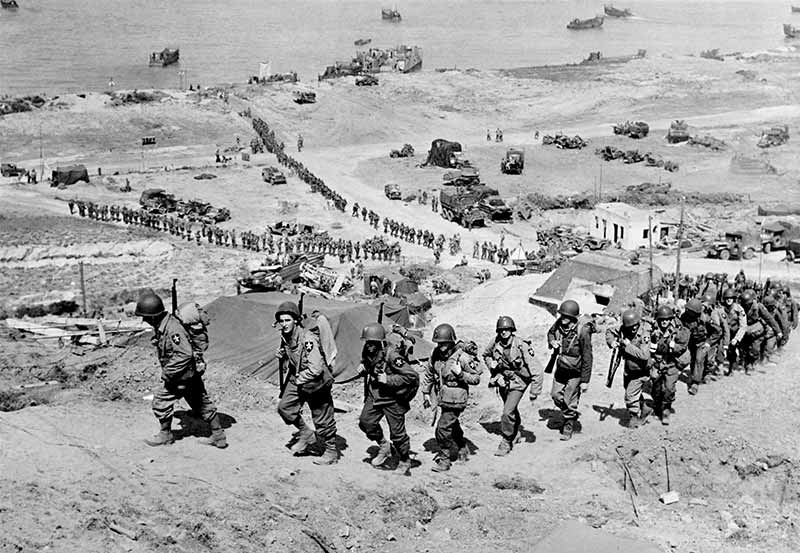
American troops continue to land at Omaha Beach on June 7, 1944
Unbeknown to all but Ted himself and his doctor, he had heart troubles, and four weeks later, he died at the age of fifty-six of a heart attack on campaign in France. He is buried next to his brother Quentin in the American Cemetery above Omaha Beach, for “a Roosevelt is buried where a Roosevelt falls.” He was awarded the Congressional Medal of Honor for his leadership on D-Day. His father would have died of pride.
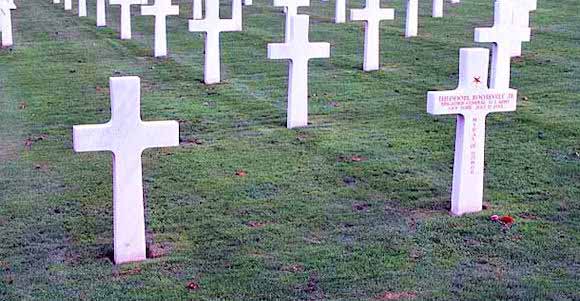
The side-by-side graves of Quentin Roosevelt (left) and Ted Roosevelt (right) at Normandy American Cemetery and Memorial in Normandy, France

For further study, see the fine biographies of Ted Roosevelt entitled Theodore Roosevelt, Jr., The Life of a War Hero by H. Paul Jeffers or The Namesake by Robert Walker.
Image Credits: 1 Utah Beach (wikipedia.org) 2 Teddy Roosevelt (wikipedia.org) 3 Roosevelt Family (wikipedia.org) 4 Sagamore Hill (wikipedia.org) 5 Quentin Roosevelt (wikipedia.org) 6 1st Battalion, 26th Infantry (wikipedia.org) 7 Ted in 1915 (wikipedia.org) 8 Roosevelt, Allen and Patton (wikipedia.org) 9 Omaha Beach (wikipedia.org) 10 Major General Raymond Barton (wikipedia.org) 11 Brothers’ Graves (RoadsToTheGreatWar blog)


